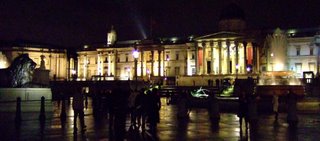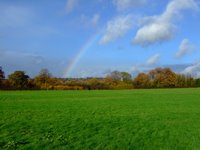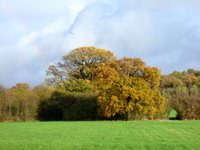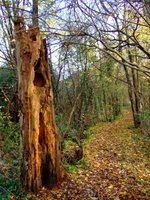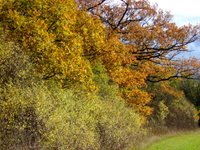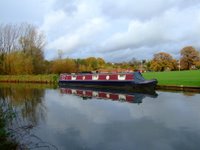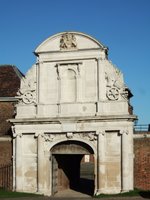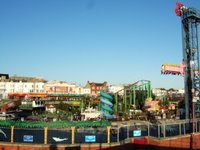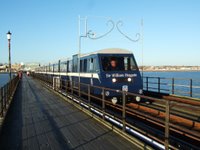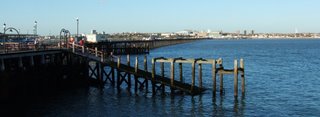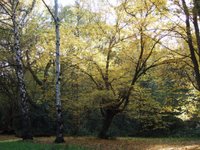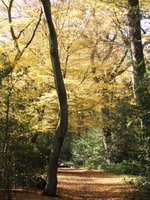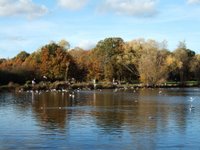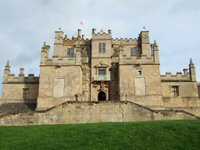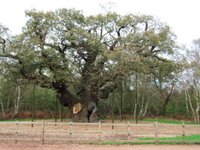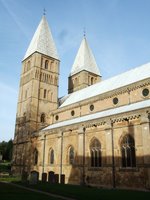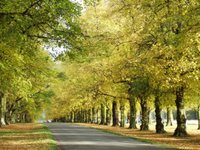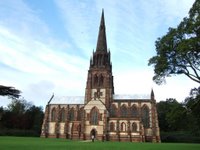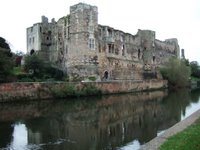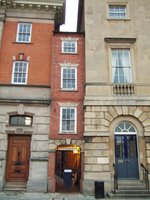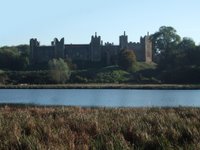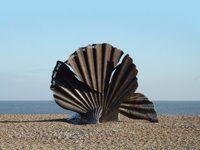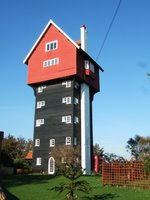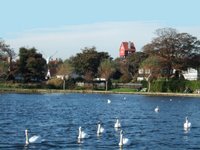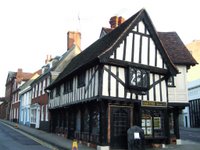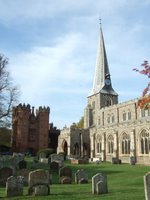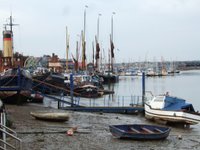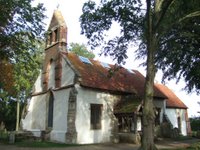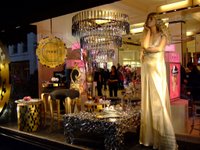 Christmas in London is a special time to look at the lights and shop windows. The ‘big name’ retailers certainly put a lot of work and planning into their window displays. Harrods, Fortnum & Mason, Selfridges and so on provide a fantastic free show for the passers-by and since we ended up adding to the takings in two of those
Christmas in London is a special time to look at the lights and shop windows. The ‘big name’ retailers certainly put a lot of work and planning into their window displays. Harrods, Fortnum & Mason, Selfridges and so on provide a fantastic free show for the passers-by and since we ended up adding to the takings in two of those 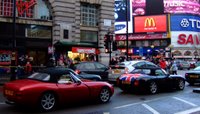 retailers, I guess their efforts must be worthwhile as a return on investment.
retailers, I guess their efforts must be worthwhile as a return on investment.One never seems to be able to find about some ‘happenings’ beforehand and often we just come across things as they happen. So it was today, a parade of TVR sports cars through Piccadilly Circus.
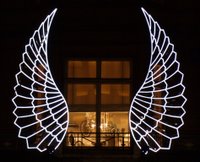 Hundreds of owners converged on London and ultimately presented a petition to Downing St, protesting against the proposed closure of the TVR UK production facility.
Hundreds of owners converged on London and ultimately presented a petition to Downing St, protesting against the proposed closure of the TVR UK production facility.
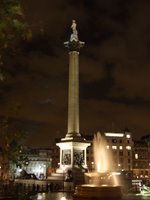
Other London freebies are premieres, if you can find out about them beforehand. Today Nicole Kidman, Robin Williams, Elijah Wood and others were in Leicester Square for the premiere of Happy Feet. Unfortunately the ‘great shot’ of Nicole was blurred – my paparazzo days are over!
And always available are the free shots of the great sites that make London such a special destination.
